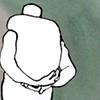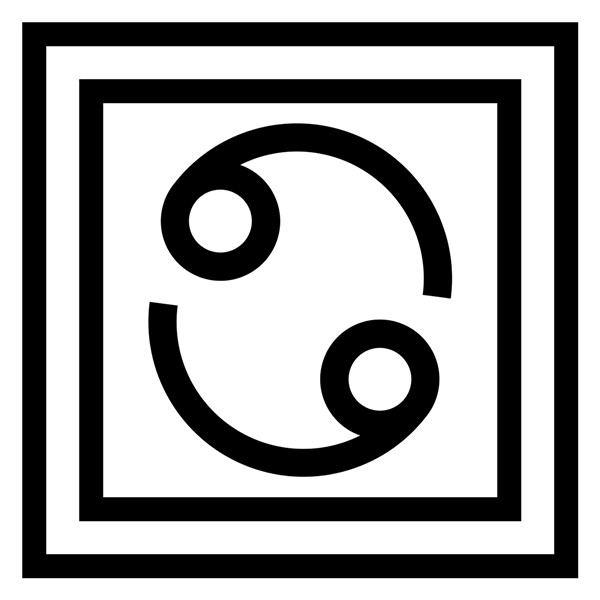Aries is the sign that represents self. Most people give Aries the keywords “I am.” Alice A. Bailey describes it as the sign where the First Ray of Will or Power reaches human consciousness. Most of us don’t get so far as actual will or power; Aries becomes a stand-in for the self-concept. In traditional astrology, Aries is ruled by Mars, the god of war. It is a fire sign, entirely unlike the nature of Venus, which is associated with air, earth, and water (Libra, Taurus, and Pisces).
Libra is the sign that is most closely associated with relationships. It’s the sign opposite Aries and often gets the keywords “We Are.” In addition to being about relationships, Libra’s main theme seems to be about aesthetics; that is, beauty. This beauty exists on the mental and the physical levels; a sense of balance, fairness, and symmetry come along with this sign. Rather than conquer, Libra wants to perceive, create and express.
When you put Venus into Aries you can get some strange effects. For example, you can get an emphasis on glamour and appearance for its own sake. Much of our culture acts as if it had Venus in Aries owing to this one property. Today I glanced at the cover of Marie Claire and noticed the exciting article about what handbag would make you a big hit at the summer party. Indulging yourself in this kind of thing may be excusable because it’s supposedly fun, but in truth it reveals a deep problem with self-esteem.
Relationships are often used the same way. How many people are willing to let on they don’t have a partner? There is so much pressure to be partnered in our culture that not having a wife disqualifies someone from being president. Chogyam Trungpa said in The Way of the Spiritual Warrior that a man must marry in order to have the appearance of decency. So the presence of this other glorifies and validates the existence of the self—but it’s often a cover for some profound insecurity.
We’ve all run into the experience of falling in love with oneself through the other, or being in love with being in love. The other is used as a kind of stand-in for the self because the other, at least temporarily, is more acceptable to the ego. The love that could be felt toward oneself is projected onto another person. This works well enough until the misgivings and hatred we feel toward ourselves become projected onto another person.
The whole business of how we really feel about ourselves is profoundly taboo territory. Embarking on a journey of conscious self-knowledge, we can go through a lot of layers of misgiving, discomfort, and shame before we reach a level of comfort and equanimity with ourselves; the most basic self-acceptance.
The Tense Relationship With Ourselves
But here is a little problem. Our concepts of self-acceptance, self-love, and narcissism are often conflated; that is, we don’t have handy ways of thinking of them as distinct concepts. As a result, we can feel shame and embarrassment when presented with an opportunity to accept or love ourselves, because it comes along with a notion of self-aggrandizement. Working the other way, we can quickly confuse someone who is arrogant with someone who is confident or centered in his or herself.
Venus retrograde in Aries takes us into the territory of the relationship we have with ourselves, emphasizing the often-denied point that we have an inner relationship at all. That relationship is often suppressed because there is so much misgiving in there, which we call things like “low self-esteem” or “depression.” Most humans, so far as I can tell, have not come to terms with their own existence, and so our self-relating is fundamentally an exercise in doubt.
We could say a lot about where that doubt comes from; there are many sources. One place for sure is from our parents. I think that the real crisis of parental love involves the different agendas that parents and children have for one another. Most children go through a time when the parent or parents are the absolute center of their universe. But adults have more complex lives than kids, and invariably, children are only part of the lives of parents.


















